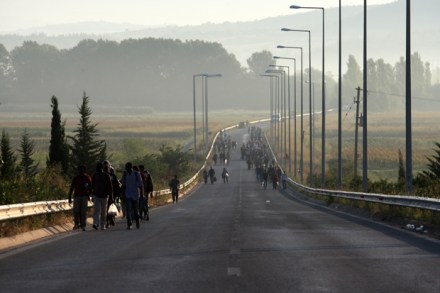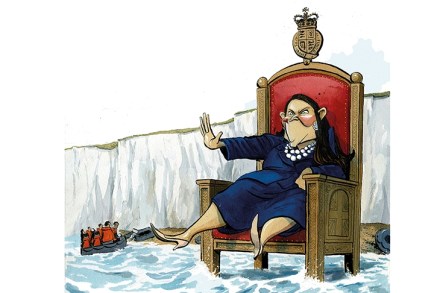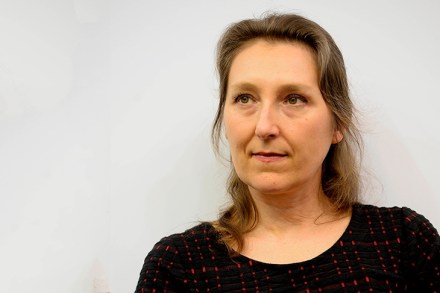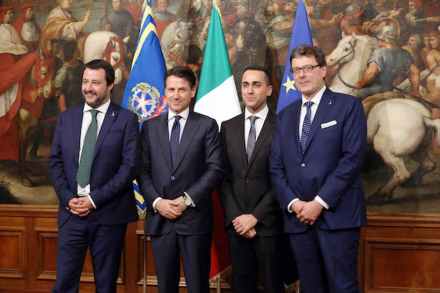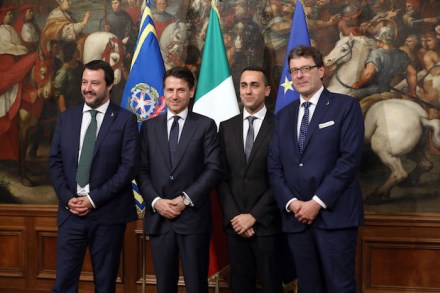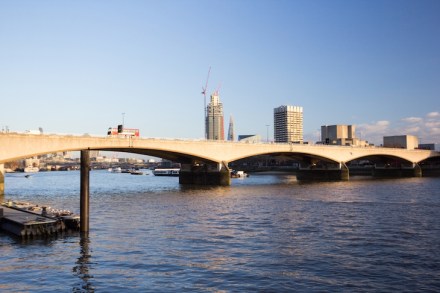Why did neo-Nazis patrol the German border?
Just after midnight last Sunday, around 50 vigilantes gathered in east Germany to ‘patrol’ the country’s border with Poland. They were there to stop illegal immigrants, armed as they did so with batons, a machete, a bayonet and pepper spray. They were discovered by local police forces, but a certain nervousness from the authorities was palpable as they pleaded with residents in the eastern border regions to not take the law into their own hands. While the array of confiscated weapons suggests a well thought out plan, these ‘patrols’ are by no means coherent. The largest single group was reportedly stopped by the police in the border village of Groß Gastrose
